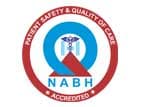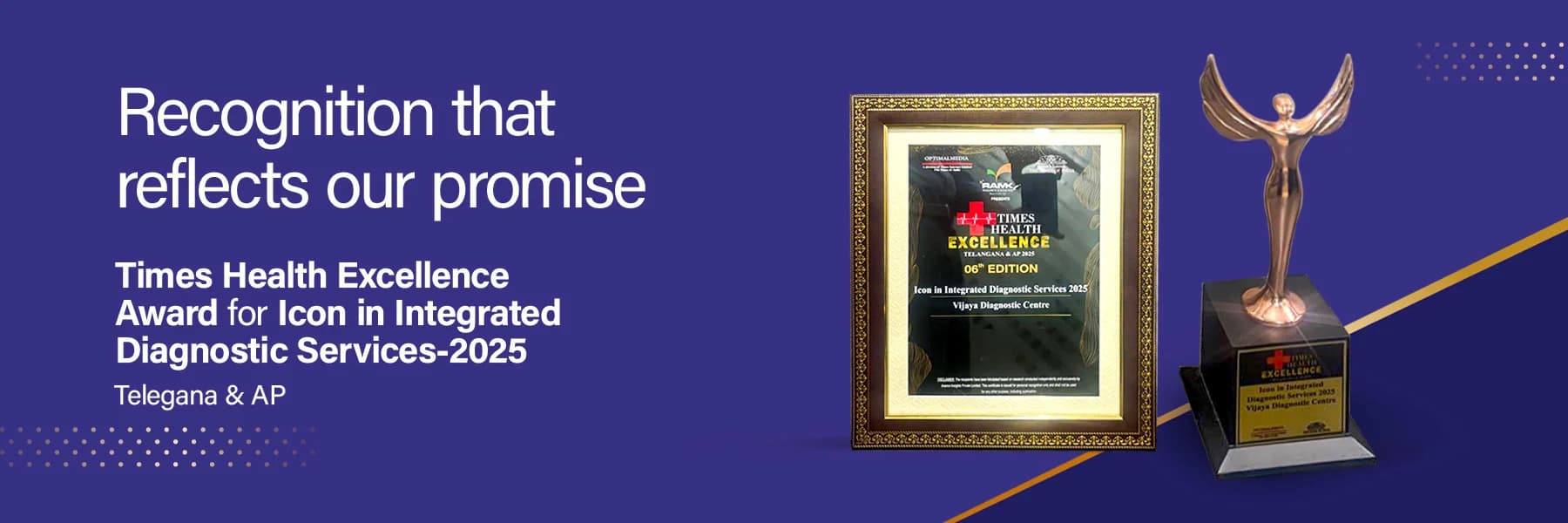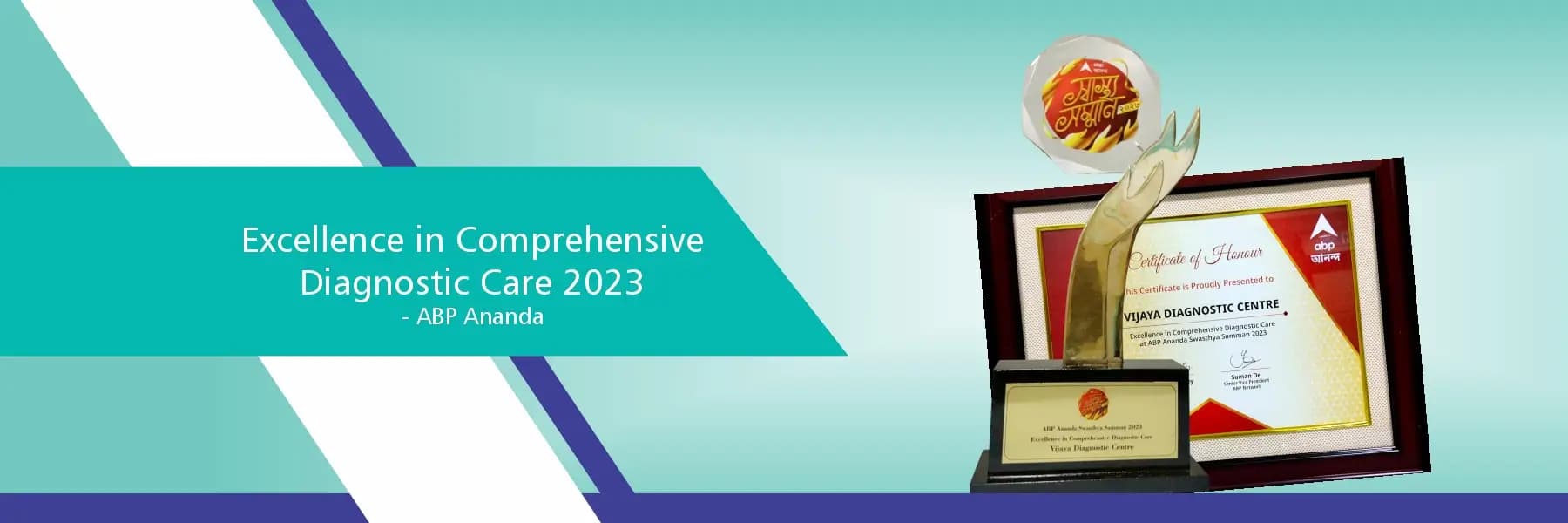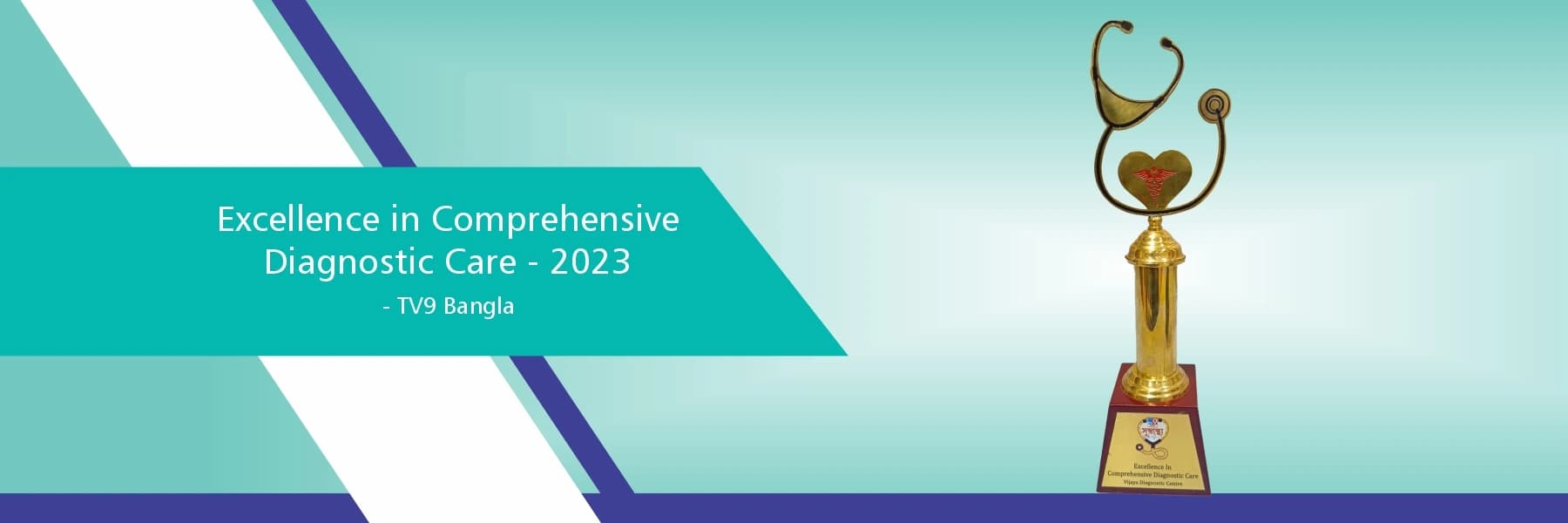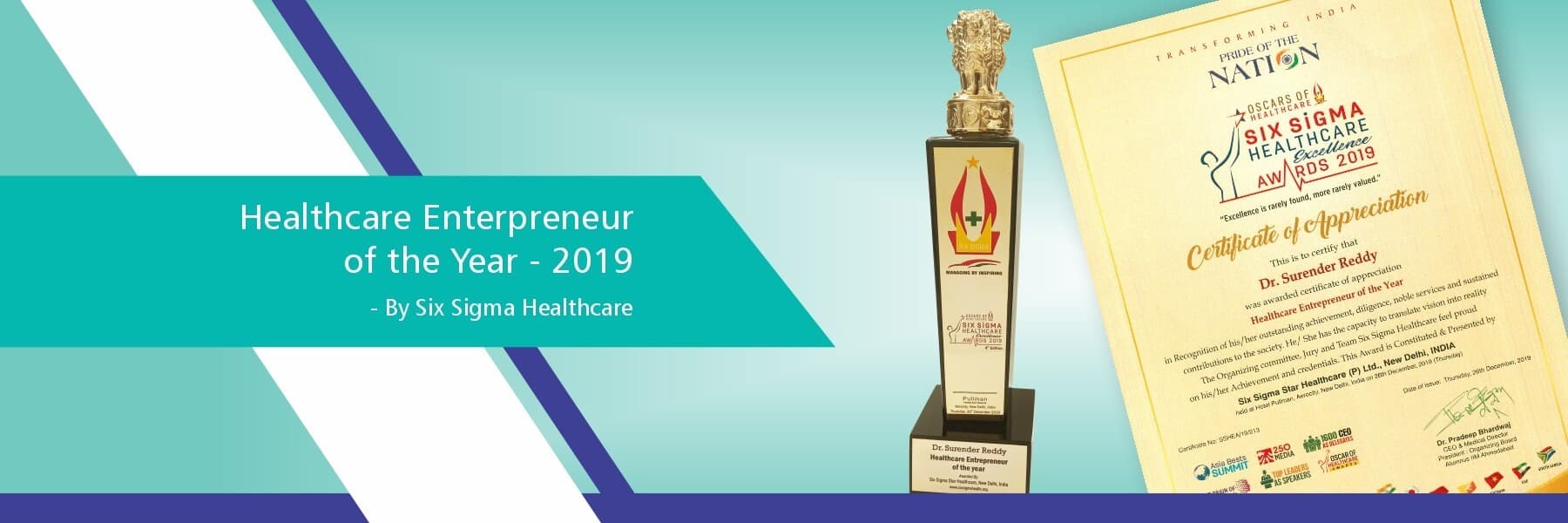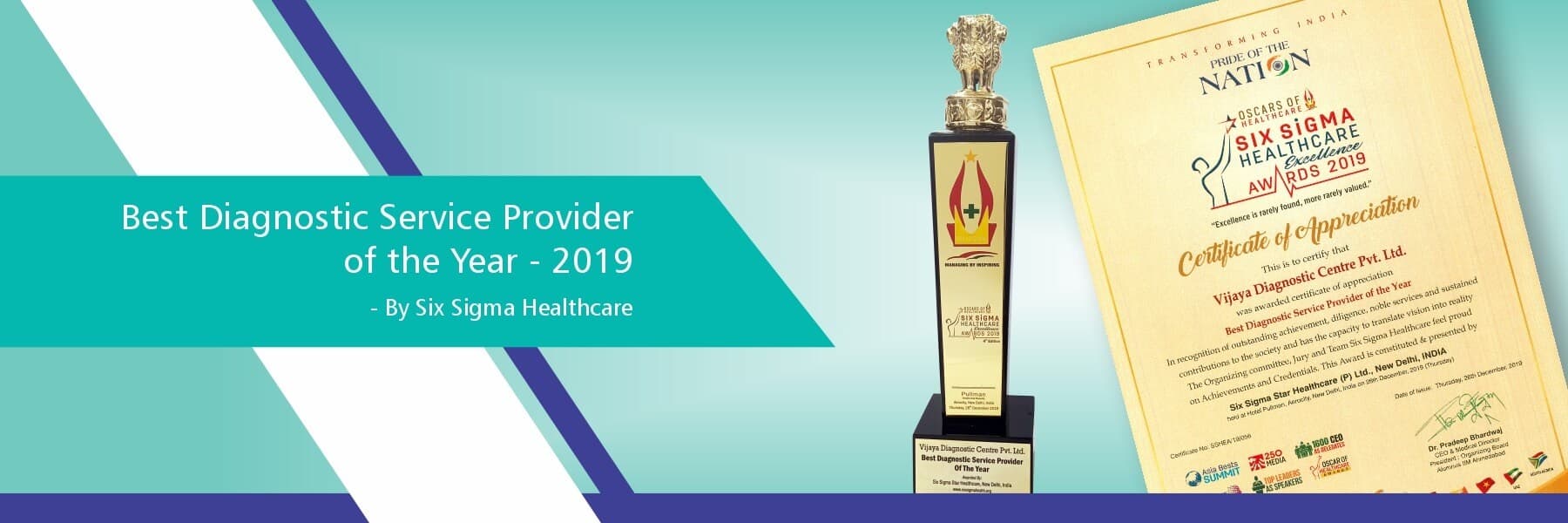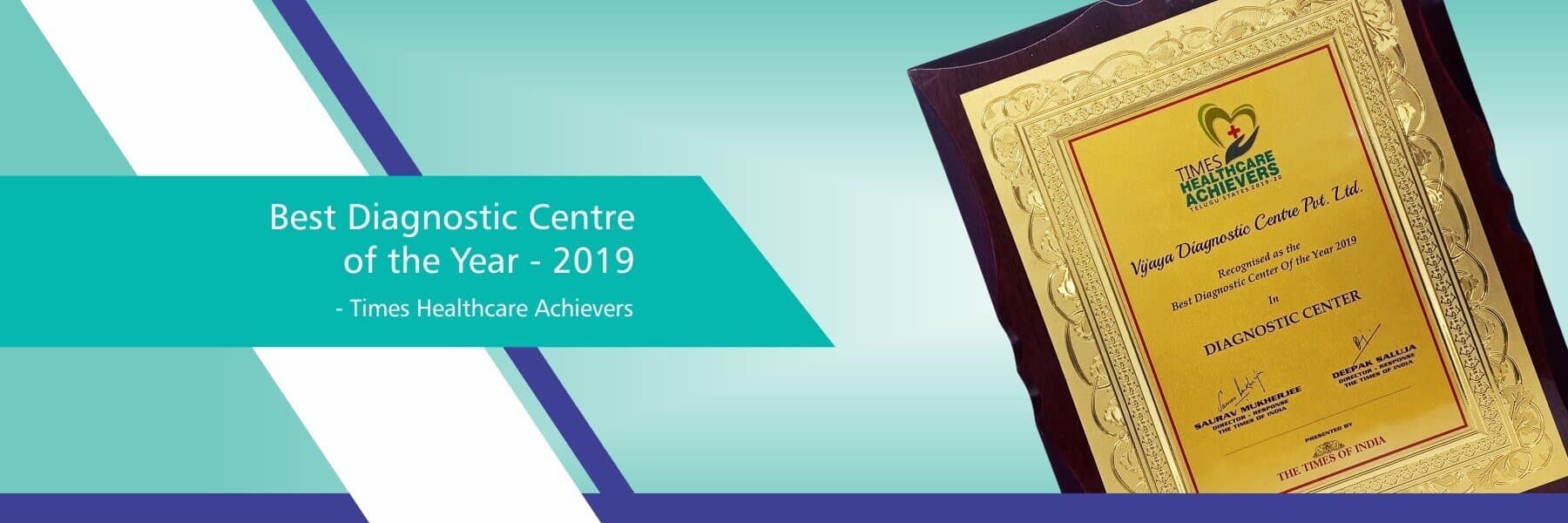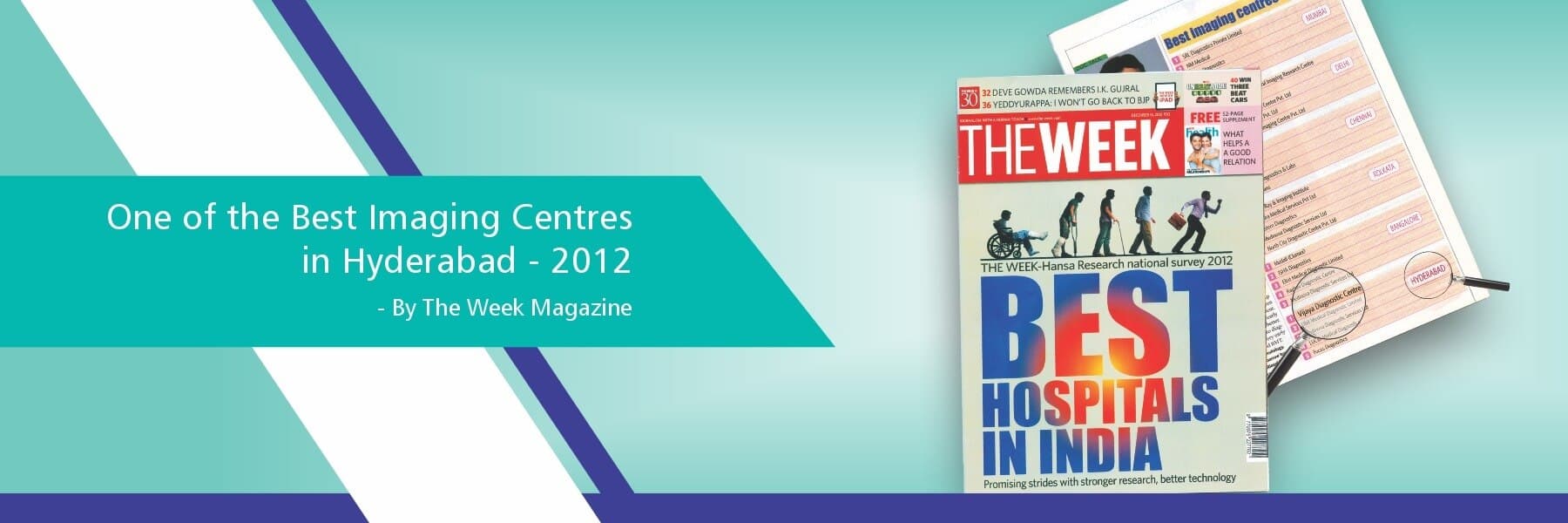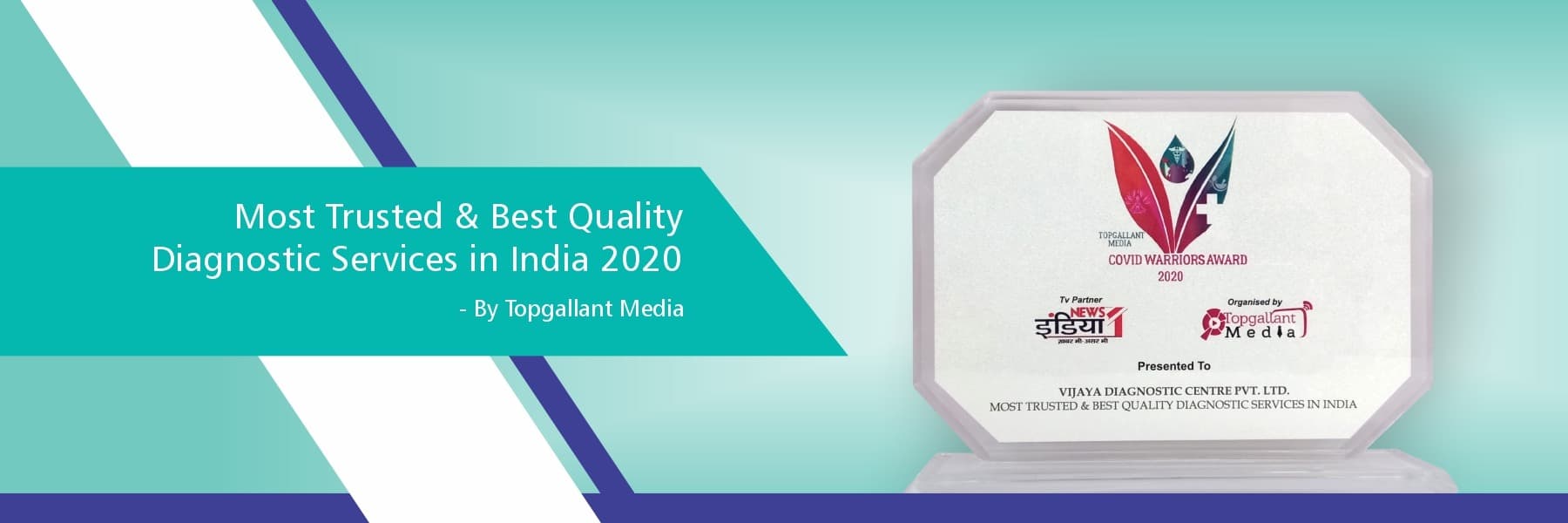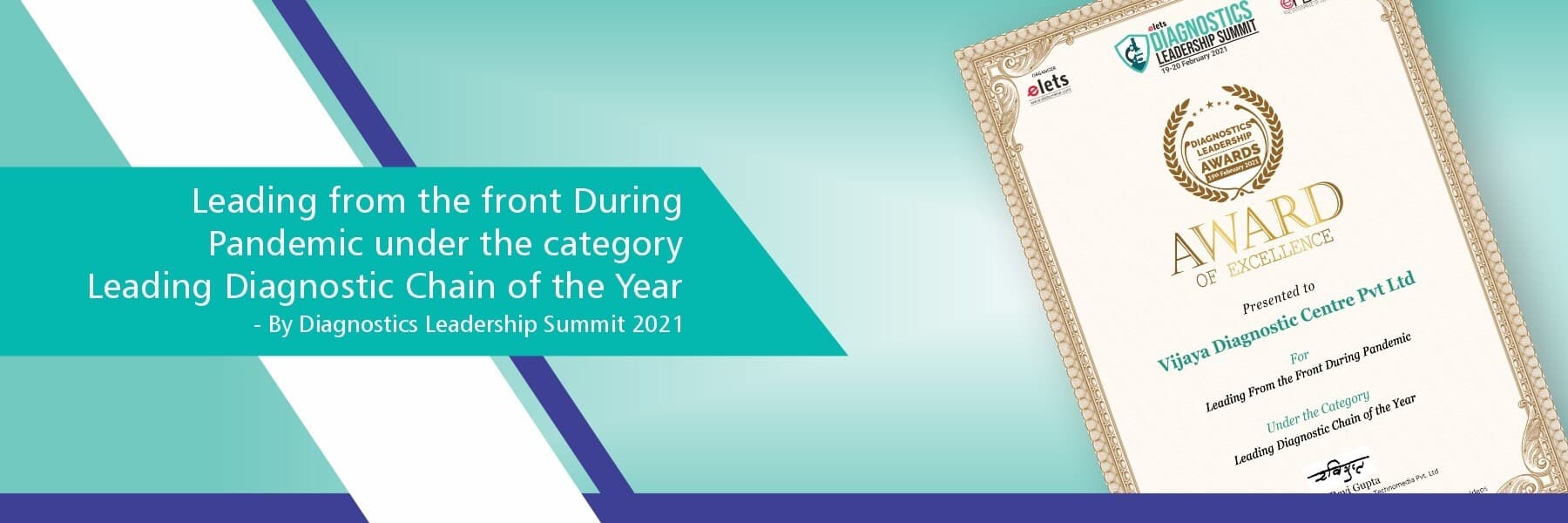What is Serology?
Serology, a cornerstone of diagnostic medicine, meticulously examines antibodies in bodily fluids, playing a vital role in medical investigations. This process is pivotal not just for diagnosing and monitoring infectious diseases but also for decoding our body's immune response to infections. When faced with infection, antibodies, essential proteins, are produced and circulate in the bloodstream. Serological tests then quantify these antibodies, providing critical health insights.
Serological tests are performed on serum samples. Serum is a blood component devoid of clotting factors and it constitutes the non-clotting liquid portion formed after blood coagulation. Serological tests are used to diagnose Brucellosis, HIV, Measles, Rubella, Amebiasis, Syphilis and several fungal infections.
Serological blood tests employ various advanced techniques to focus on immune system-produced proteins. Serology, in the broader context, studies serum and bodily fluids, identifying diagnostic significance of antibodies. Whether responding to infection, mismatched transfusions, or autoimmune diseases, antibodies unveil the human body's immune history. Despite the scientific sophistication of serological tests, the actual principle behind them is surprisingly simple and elegant.
We at Vijaya Diagnostics leverage the power of precise serology tests for accurate and timely insights, empowering individuals and healthcare professionals.
Primary Serological Tests Vs Secondary Serological Tests:
Serological tests aid us to confirm an illness or a medical diagnosis by detecting and measuring antibodies in a serum sample. Primary serological tests and Secondary serological tests are the two main types of serological tests.
Primary serological tests are used to swiftly detect antibodies, serving both diagnostic and screening purposes. For instance, an agglutination test rapidly identifies antigens, crucial for timely diagnosis. Similarly, a precipitation test - another primary serology test also efficiently serologic identifies antigens in various samples, exemplifying its diagnostic & screening utility
In contrast, secondary serological tests, like the Western blot, confirm and specify the exact antibody types. Secondary serological tests are often utilized for detailed diagnostics even though they require more time & resources.
While primary tests offer rapid results, secondary tests provide nuanced information, collectively playing vital roles in modern medicine. Understanding the distinctions of both these types of serology tests is paramount for informed decision-making in diverse medical scenarios.
What are the Types of Serological Tests?
We have compiled the important Serology tests list for you below & listed the significance of each of these serological tests:
1. ELISA (Enzyme-Linked Immunosorbent Assay)
ELISA measures specific antibodies or antigens. An enzyme-coated plate is used. It produces a colored product upon binding.
Applications: Diagnosing infections (e.g., HIV, hepatitis), measuring hormone levels, detecting allergens.
2. Hemagglutination Test:
This serology test measures serum antibody presence. RBCs clump if antibodies are present.
Applications: Blood typing, diagnosing infections (e.g., Streptococcus, Cryptococcus), detecting antibodies in autoimmune diseases.
3. Immunoprecipitation:
It is used to identify antigens. The antibodies form a visible precipitate in the presence of the antigen.
Applications: Detecting fungal infections (e.g., Aspergillus), identifying and quantifying serum proteins.
4. Western Blot Test:
It is a more complex test than ELISA which is used to identify specific proteins and inturn confirm the diagnosis of certain diseases.
Applications: Confirmatory testing for HIV, Lyme disease diagnosis, detecting specific proteins in research.
5. Immunofluorescence Assay (IFA):
A highly sensitive serological test which uses fluorescent dyes to detect and quantify specific antibodies. It is commonly used to diagnose autoimmune diseases.
Applications: Diagnosing autoimmune diseases (e.g., lupus, pemphigus), identifying infectious agents in tissues (e.g., viruses, bacteria)
6. Flow Cytometry:
It is a technology used to quantify the concentration of antibodies & assess the cell size in a sample. Competitive binding is a process where antigen in the sample competes with a labeled antigen for antibody binding sites. The radioactivity associated with the labeled antigen determines the amount bound.
Applications: Immunophenotyping in leukemia and lymphoma, monitoring HIV infection (CD4 counts), assessing cell populations in research.
7. Radioimmunoassay (RIA):
Radioimmunoassay relies on competitive binding to measure antigen or antibody concentration
Why do I need a Serological Test?
Serological tests serve a dual purpose: diagnosing infections and deepening our understanding of the immune system's pivotal role in combating infections.
Antigens which cause allergies, diseases or infections are usually too tiny to detect with the naked eye. Common antigens including bacteria, fungi, viruses, and parasites produce an immune response in our body when they enter it. Our immune system produces targeted antibodies to combat these invaders and deactivate them.
Doctors can pinpoint the type of infection by identifying antibodies and antigens in the blood serum, enabling them to implement effective treatment strategies for patients.
Serology is not just about infections but also it's a key tool in diagnosing autoimmune disorders. Serological tests aid in understanding if our body is mistakenly attacking its own healthy tissues by detecting unnecessary antibodies.
Serological tests play a crucial role in assessing past exposure to infectious agents, vital in managing diseases like HIV, hepatitis, and tuberculosis. By analyzing antibody presence and concentration, health professionals gain insights into disease progression and treatment effectiveness. Additionally, in pregnancy, these tests screen for infectious diseases, offering indications of exposure to certain diseases by detecting antibodies in the mother's blood.
What is the subsequent course of action post-serological testing?
The process of serological testing involves a medical professional collecting a blood sample, typically through a vein puncture, or for young children, a skin prick with a lancet. This procedure is quick, with minimal discomfort for most individuals, and poses a low risk of complications such as excessive bleeding or infection.
After the serological test, the course of action depends on the test results. Normal results, indicating the absence of antibodies, suggest no current infection. Conversely, the presence of antibodies signals an immune response to an antigen either from a current infection or past disease exposure. This crucial insight aids in the diagnosis of infections, autoimmune disorders, or immunity to certain antigens.
Post Serological testing, the care and treatment plan may vary based on these results. If antibodies are detected, medications like antibiotics or antifungal drugs may be prescribed to combat infections. Even with normal results, additional tests might be ordered if infection suspicion persists. Over time, as infections progress, antibody levels increase, aiding detection. Results may also reveal antibodies linked to chronic conditions or autoimmune disorders.
Your doctor will interpret and explain the results, guiding you through the next steps, ensuring comprehensive understanding and appropriate medical intervention.
Why Vijaya Diagnostics?
As South India's largest integrated diagnostic chain, we have served 50+ million customers over the last 4 decades. With an extensive network of 140+ cutting-edge diagnostic centers across 20 cities, we ensure accessibility, bringing our expertise right to your doorstep – from Tirupati to Hyderabad & Gurgaon to Kolkata.
Vijaya Diagnostics stands as the premier choice for diagnostic care, boasting ISO compliance, NABL & NABH accreditation, and 24/7 services. Our serology labs, conveniently located near you, leverage world-class technology for swift and precise diagnosis of infectious diseases. Automation streamlines sample handling, ensuring a low Turnaround Time (TAT).
Explore the convenience of our user-friendly app, where 5000+ comprehensive tests are just a tap away. Your health journey becomes effortless with instant appointment booking, rescheduling options, and hassle-free home sample collection—all designed to prioritize your well-being. The flexibility extends beyond home sample collection; enjoy cashbacks, reward points, and exclusive discounts tailored for your health conditions, age, and family, making your healthcare experience truly hassle-free.
What sets Vijaya Diagnostics apart is our ability to seamlessly integrate convenience, accessibility, and accuracy—all at affordable and transparent pricing.
Choose Vijaya Diagnostics - because your health deserves nothing less!
Frequently Asked Questions
1. What are antibodies?
Ans - Antibodies are particles or proteins produced by the immune system in response to antigens including bacteria, viruses, fungi and parasites. These proteins circulate in the blood and attach to specific antigens, aiding the immune system in deactivating & defending against infections
2. How is serology used in medicine?
Ans - Serology in medicine involves analyzing blood serum to detect and measure antibodies. Serological tests aid in assessing immunity levels and the diagnosis of infectious diseases & autoimmune disorders
3. What is the significance of titers in serology?
Ans - Titers in serology measure the concentration of antibodies in the blood, providing valuable information about the strength of the immune response. This inturn aids in disease diagnosis and monitoring.
4. Can serology be used to diagnose viral infections?
Ans - Yes, serological tests can be employed to diagnose viral infections by detecting specific antibodies produced by the immune system in response to the virus. HIV, Hepatitis A, Hepatitis B, Measles, Parvovirus B19 and rubella viruses can be diagnosed using serological tests.
5. How is serology used in blood typing?
Ans - Serology plays a crucial role in blood typing through a simple yet crucial procedure called hemagglutination. It leverages antibody-antigen interactions to identify specific protein markers on RBCs. This rapid yet reliable technique is often employed to confirm blood type compatibility for safe transfusions & other critical medical procedures.
6. What is the window period in serology testing for HIV?
Ans - The brief period of time between exposure to HIV and the ability for serological tests to detect HIV or associated antibodies is referred to as the Window Period. It usually spans Between 2 and 12 weeks.
A swift antigen/antibody test with a finger stick can typically detect HIV between 18 and 90 days post-exposure. A laboratory-based antigen/antibody test using venous blood can usually detect HIV within 18 to 45 days after exposure. A nucleic acid test (NAT) is capable of detecting HIV between 10 and 33 days after exposure.
7. What is the role of serology in vaccine development?
Ans - Serology plays a vital role in vaccine development by assessing immune responses to vaccines, measuring antibody levels, and ensuring the vaccine's effectiveness. They not only help develop vaccines but also help optimize them.
8. How are serological tests used in pregnancy?
Ans - Serological tests in pregnancy screen for infectious diseases. Serological tests can detect antibodies in the mother's blood that may impact the health of both the mother & the baby.
Drag & drop your files here, Or
browse files to upload.
.pdf, .jpg & .png formats supported. Upto three files can be uploaded at a time
Frequently Asked Questions (FAQs)
Centre Details & Locations
You can click on the Centre Locator mentioned on the top right bar of our home page website to locate centres in your city. You can also search in Google “Vijaya Diagnostic Centre near to me” to find the nearest centre.
Yes, most of the centres have this facility.
Yes, you can check the operational timing of a branch by selecting the centre you want to visit on our website or Google map of respective centre
Health Checkup & Packages
The validity of a health check package is 30 days from the date of invoice, for more detail to Terms & Condition of use section on our website.
Watch This Video for Detailed Information
Play This Video
Once the validity period is over for your registered package, the package cannot be availed. The amount paid by you during the registration process is non-refundable, non-transferable and gets forfeited if you do not visit the branch within the validity period. The amount paid by you during the registration of the special package cannot be utilized for availing other packages.
No. These are special promotional packages which are available for registration only during the specific campaigns and thus it is important for you to register there during the event/campaign. These are specially designed and discounted packages which are only available during the campaign with specific validity period.
The package once registered, is non-transferable. One has to utilize the package for the registered customer only.
Home Sample Collection
Yes, you can book a Home Sample collection by selecting the desired tests on our website or calling our customer care number at 9240 222 222.
Yes, you can prepone/postpone an appointment by calling our customercare number at 9240 222 222.
Reports
Visit Home page of our website and click on Download reports icon. You need to login with mobile number and OTP. You will see your latest report in PDF format.
No, your reports would not be shared with anybody else other than you.
Tests Information & Instructions
Yes, fasting is recommended before undergoing a blood test.
Watch This Video for Detailed Information
Play This Video
Important Instructions:
- Generally, fasting is required prior to administering IV contrast. Fasting for ~ 4 hours (solid foods) is recommended.
- Kidney function test (serum creatinine) in cases of positive clinical history.
- Review of your medical history to determine that no issues exist preventing you from having a CT scan, such as pregnancy / contrast allergy or reaction (i.e., hives, rash, itching, breathing difficulty).
- A person accompany for IV contrast procedure.
Pre-scan requirements:
- Some CT scans require drinking oral contrast, for approximately 30–60 minutes prior to your scan.
- Some CT scans involve an injection of contrast, for which an IV cannula will be inserted.
Post-scan Requirement:
You will be provided with post-procedure instructions at the centre



